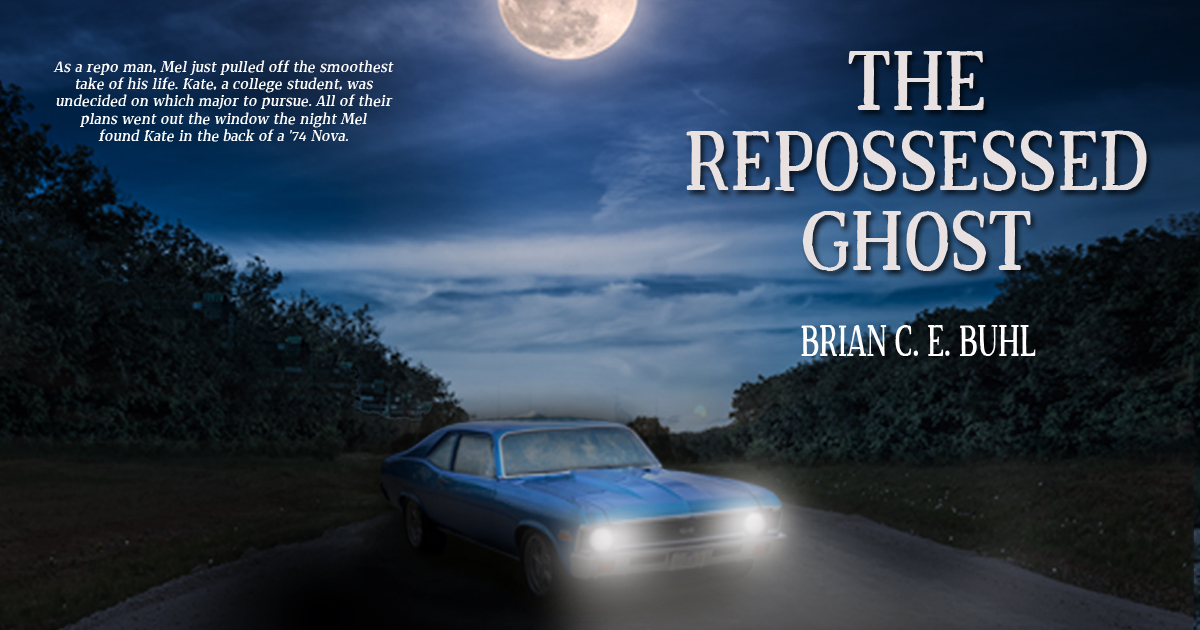Yesterday I wrote about lessons learned from conventions. I felt very comfortable covering that topic because of my level of experience and because I apply those lessons regularly.
Tonight is a different story. Some of what I have to say about self-care is really only theoretical for me. I think tonight’s subject was suggested to me because it’s something I personally need to work on. Nevertheless, I have some things to say about self-care as a writer. Whether or not I practice what I preach, this advice can help you.
Here are the main items:
- Be Kind to Yourself
- Set Reachable Goals
- Have a Life
- Seriously, Be Kind to Yourself
Be Kind to Yourself
For three nights in a row, I’ve mentioned perseverance. You need to persevere, but getting to the other side of something difficult doesn’t mean you have to travel through a wood chipper to get there. Forgive yourself your typos and passive voice and accept and celebrate the praise you receive.
If you’re a writer trying to put your stories in front of people, you’re going to face rejection. The traditional publication route will offer direct rejection from agents, editors, and publishers. Independently published writers will find rejection via poor book sales, or people walking past your table without making eye contact. All writers are going to get one star reviews. There will be be beta readers that don’t get what you were trying to say, critique partners that can’t get into your character’s head, and writer’s groups that fail to see the value of your contributions.
Be kind. Forgive yourself. Allow yourself to feel the pain, give yourself time to breathe and grow distant from the moment of rejection, then learn what you can learn from the incident so you can move on. You’re a human and you’re a writer. Sometimes those two conditions line up in such a way as to magnify the pain.
Set Reachable Goals
It might be tempting to say something like, “I’m going to work really hard and I’m going to be get this book published by the end of the year!”
The problem with this kind of goal is that there are too many factors outside of your control. You can hope for a published-by date, but it’s not something you should measure yourself against. Many fantastic writers have wonderful stories that they’ve worked very hard on, but they can’t get their work published because the market isn’t right for their story, or they’re having trouble getting it in front of the right people, or some similar story might have just been picked up or… you get the idea. No one really knows how any of this works and they’re comfortable describing it as magic at conferences. If you don’t have actual control over the outcome, it’s not something that you can use as a measurable, reachable goal.
Here are a few examples of achievable goals:
- Write 1,500 words per day
- Keep at least 2 queries submitted at all times
- Write a blog post every day for the month of October
- Finish a novelette before November 1st
- Show up at the coffee shop every Wednesday and Sunday, ready to write
If you’ve been following me long, you might recognize that list as my personal goals. The first one I only pay attention to through the month of November, and the second one I’ve never actually succeeded to meet. But that whole list is achievable, measurable, and completely within my control.
Have a Life
Writers shouldn’t just be writers. They should be parents, coworkers, siblings, gamers, bowlers… the list goes on and on. There is a world outside the word processor. There is more to life than just drafting the next novel, or writing the next query, or pushing the next promotion.
Take care of yourself as a writer by going out and doing things that have nothing to do with writing. Crochet. Golf. Ride a bike. Start a garden. Watch a movie. Bake a cake. Clean your garage. Call a gardener to clean up that failed project you started in the back yard. Go to the beach. Swim in the lake. Drink chocolate rum from a boot-shaped shot glass.
Tell your wife that you love her and that she’s pretty.
When you return to the writing, you’ll feel better and you’ll find fresh inspiration. You have one life. Make it a well-rounded one. Not only will you feel better, your writing will improve.
Seriously, Be Kind to Yourself
This is so important that it has to be mentioned twice. The critics outside the writer’s brain do not compare to the evil editor in the writer’s head, constantly nitpicking and finding fault. That evil editor can be your friend, but they’re often a bully that needs to be put in their place.
As much good advice as I’ve laid out in this post, this is the one piece I struggle with the most. I’m mean to myself when I should be nice. I doubt myself when I should act with confidence. I tear myself down in the face of success, and I have a hard time accepting compliments because I spend so much time internally berating myself for not being good enough.
I had a therapist give me some practical advice once. He said when I’m at my worst, ripping myself apart, stop and talk to that voice in my head. Have a conversation. Ask him what’s up.
One day while I was driving to work, my inner editor was really working me over and I asked, “Why?”
To my surprise, I had an answer. “I want you to be the best, and I’m afraid.”
Fear is my biggest adversary. I think it’s a problem for most writers. It’s okay to be afraid. Just don’t tear yourself apart over it.
Be kind to yourself, because you deserve it and you’re going to write something special.
